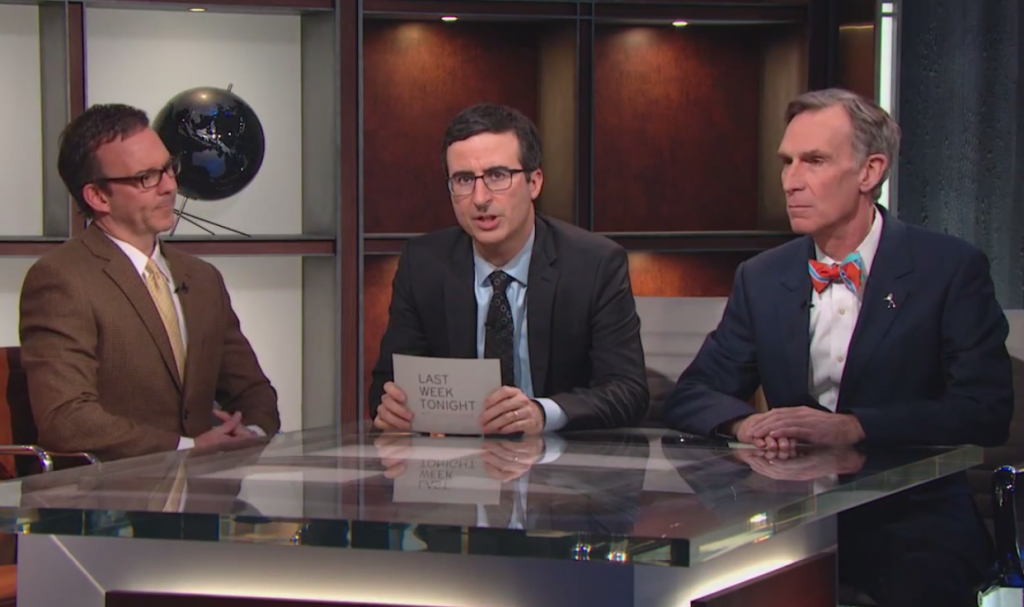
Everybody’s eyes are on Paris at the moment. For one week the climate summit has already filled many headlines, columns and articles in the media world.
It is a typical pattern. In fact, media researchers know that the conferences are rare times for climate change to get public attention. Paris is probably a new dimension – the biggest and most ambitious event ever, covered all around the world. Thus, a good time to think about what climate journalists should keep an eye on.
There are many story lines on climate change you can pick from these days. You could point to the conflict between the developed and the developing world, analyse the positions of the top-emitting countries, reports from the submerging Marshall-Islands, ponder on the sense or nonsense of protests or write one of the many overview articles. Nevertheless, when it comes to opinion the picture is less diverse. There is a lot of the familiar “We-need-to-act-now” rhetoric. In European discourses, there are virtually no contentious debates on where we should be heading with the climate. Why is that?
Unlike homosexual marriage, the refugee crisis or gun ownership the climate change seems hardly suitable for controversial debate. Rather, it would need at least two distinct camps, arguing from different normative perspectives. The climate denial debate does not count. It is about whether scientists get their facts right. By now, this a mere placeholder for saying you just do not care at all about climate change. However, the majority of media voices are merely restating the claim that efforts to stop climate change must become more ambitious. There are no serious objections to that. On a moral basis the issue seems to be clear. It is only a problem of policy implementation. Policy-makers appear either ignorant or incapable of overcoming diplomatic deadlocks. There is nothing morally controversial about this.

This is partly understandable, considering that the current climate policy seems to lag behind public expectations a lot. In this situation media voices either focus on mobilization or policy analysis. However, there is a problem with this. It is something that has accompanied the climate debate ever since it started in the 1980s: The public becomes dulled by the permanent gap between claims and actions. It loses interest in the topic and is more likely to fall back into political disillusionment. Thereby, they can even become more inert on climate action because they are not challenged to check arguments on either side anymore. The problem seems to be with the policy-makers, not with the public.
Journalists could stimulate the debate by framing questions on climate action as questions of justice. Questions such as: What would you want us to do, if you did not know when and where you were born in the centuries to come? Would you be willing to sacrifice your living standard to, for example, prevent Bangladesh from shrinking by almost a quarter from sea-level rise? Certainly, you would not mind having ten euros more on the electricity bill. However, you would probably not accept stopping plane travel for the rest of your life. For many people, it must be something inbetween. These questions are hypothetical. They do not take into account what is politically realistic at the moment. But, they may provoke a debate that reveals step by step how far we are actually willing to go.
Now, what would journalists need to do to initiate a bigger debate of this kind? Here are some ideas: First, the public must know more about the differences between a 1.5C, 2C or 3C-world. The Guardian recently made a start. Despite the scientific uncertainties, more graspable images need to be created to see what is at stake.
Second, there needs to be a better picture on the costs of an ambitious mitigation policy. For example, the IPCC economists estimated that the 2C-target would cost the global economy 4 to 6 percent compared to no climate mitigation at all. This is an amount equivalent to the expected world growth within a couple of years. However, there is always the problem of translating such figures. People like to know what this mean for their lifestyle.
Third, the public needs to have stories in mind of what could happen. Why not mobilise writers for drawing pictures of people living in the 22nd century? Neither as a utopia, nor dystopia, but as a more or less likely scenario. What about composing fictional encounters between different generations? What would they say to each other? There could be many ways for authors to provide powerful visions of a future world.
Although rather sketchy, I think that this could help to bring some motion into the climate debate. Certainly, it is quite a challenge for media producers. More controverisal debates could not only give people a better picture of the problem. It would also be more catchy. This could finally give climate change the public attention it deserves – even beyond COPs.